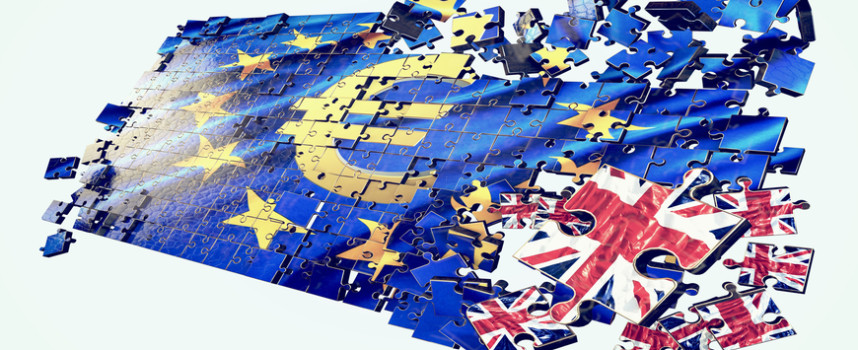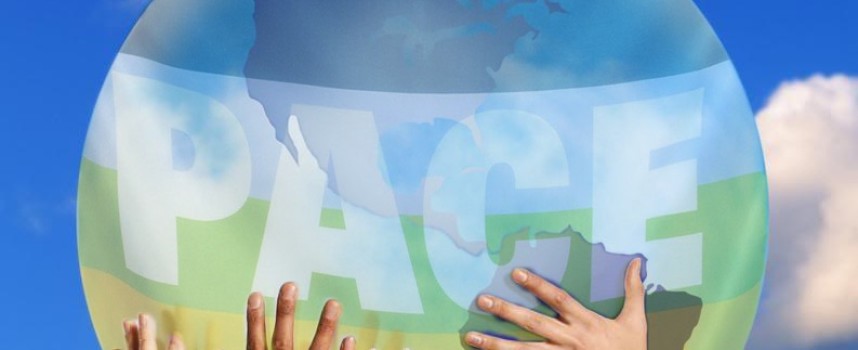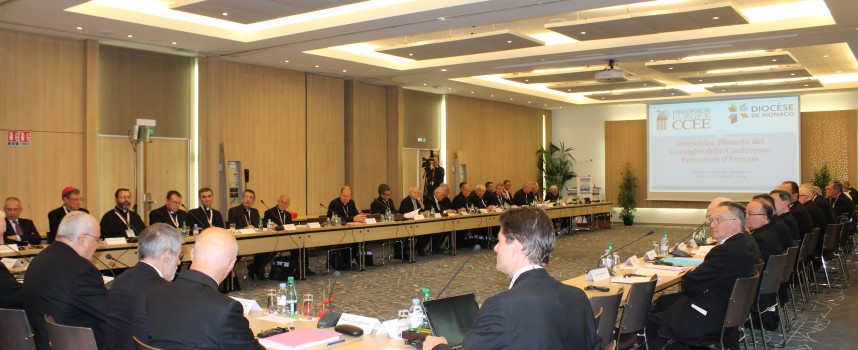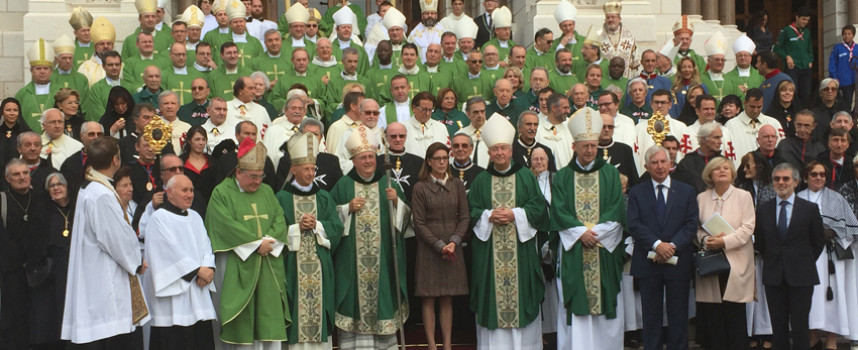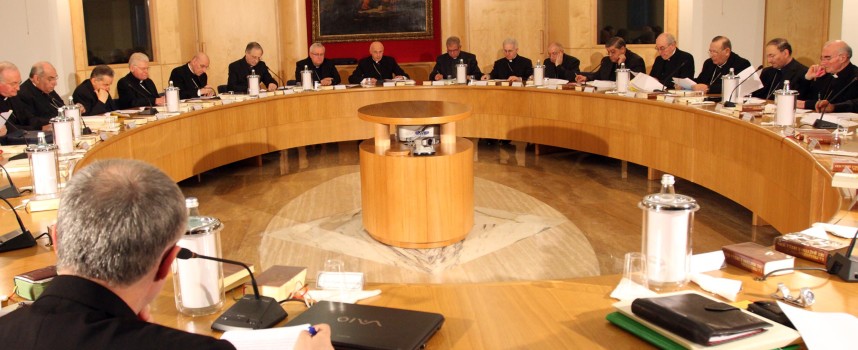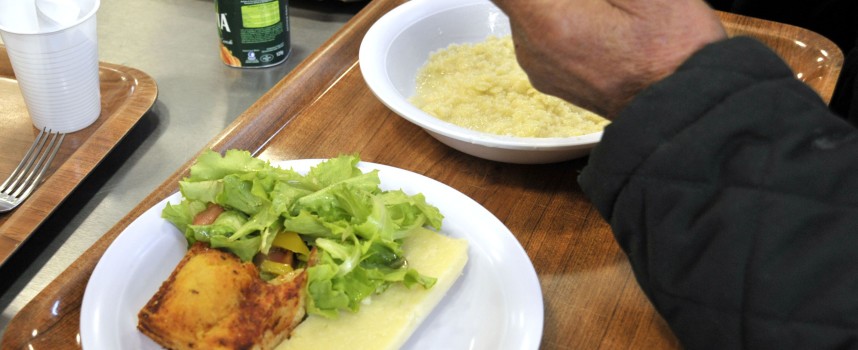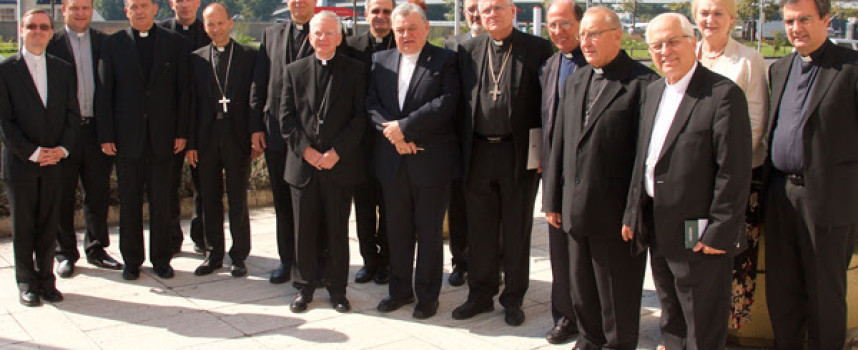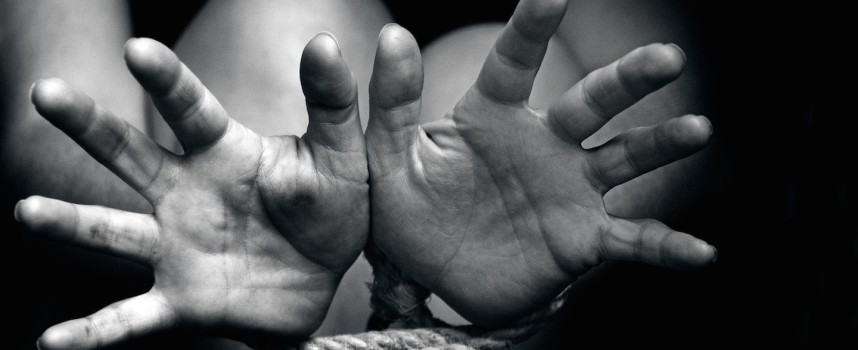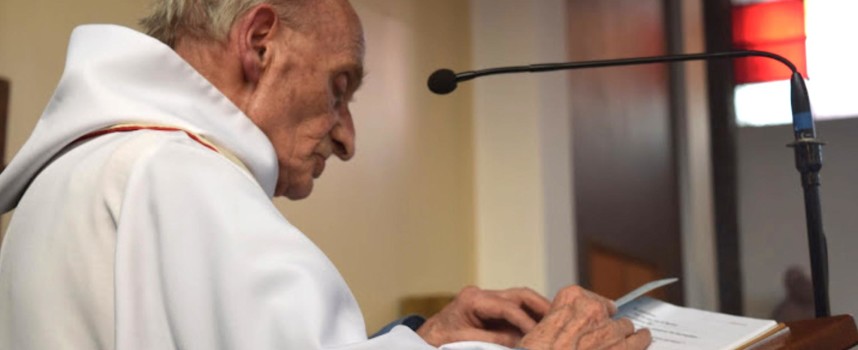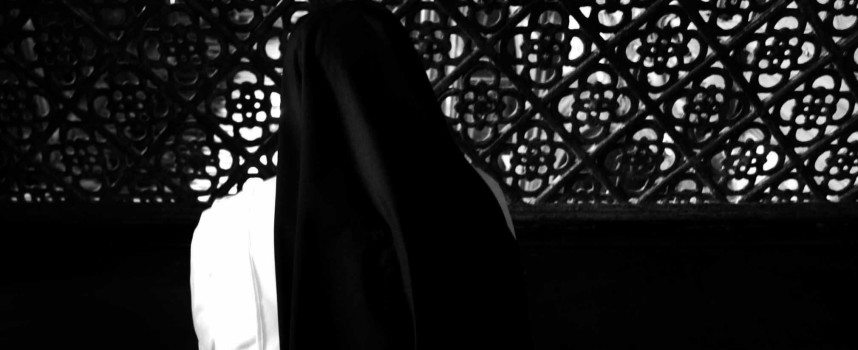Posts From EURCOM
EN | IT – The entire story of the process of European integration has been characterized by a double, constant tension: the first one between an economic logic and a political one; the second one between a supranational and intergovernmental logic. Since Maastricht, this dual tension has created an institutional structure organized around two distinct regimes (the Eurozone countries and the opt-out countries) and then two different decision-making systems, the supranational one and the intergovernmental one.
EN | IT – We, delegates from 21 European Justice & Peace Commissions, came together in Luxembourg from 30 September to 3 October 2016 to fulfil our responsibility to explore the challenges of security facing Europe in dialogue with representatives of politics, the military, Eu institutions and civil society. Welcomed by the parish of the village of Schengen at Mass with a choir from the European School, we shared in the spirit of Schengen, united in diversity through prayer and song.
EN | IT | FR | DE – As Bishops Presidents of the Catholic Bishops’ Conferences of Europe, gathered in the Principality of Monaco for our annual meeting, we dealt with the tragic urgency of the growing acts of persecution against many Christians in various parts of the world. We strongly express our firm condemnation of these events which affect human rights and especially religious freedom. These are manifestations of an irrational violence which is fuelled, too often, by a call to religious motivations that are an abuse and an insult to the very name of God. (Message adopted by the CCEE Plenary Assembly – Principality of Monaco, October 9, 2016)
EN | IT | FR | DE – The annual meeting of the CCEE, celebrating this year its forty-fifth anniversary, was held in the Principality of Monaco (October 6-9, 2016) on the invitation of its local Archbishop, Msgr. Bernard Barsi. The intense and fruitful work took place in an atmosphere of consolidated fraternity and with pastoral love for the peoples of the continent. Starting from the deep experience of unity experienced in these days, the bishops reaffirmed their commitment to reflect on the best ways to value the various social and ecclesial realities today.
EN | IT – In the light of recent events, we must reaffirm that today we need more from Europe. Is it possible to think that in the vortex of the globalized world, where many schemes and parameters have fallen through, it is possible to live distancing the one from the other? This has nothing to do with some form of internationalism that creates a confusion of peoples: being a people, in fact, means having a mission at a highest community, as each people has a wealth of history and culture to offer. (Card. Angelo Bagnasco)
EN | IT | FR | DE – By continuing a process which had been set out along with several European Catholic organizations (Caritas Europe, COMECE, Commission Justice and Peace Europe, FEAMC, ICMC, ICCPPC, FEBA, and UNIAPAC), the CCEE Commission Caritas in Veritate in collaboration with the Catholic Bishops’ Conference of Bosnia-Herzegovina promoted a meeting for the protagonists of the Works of Mercy in Europe (Sarajevo, 15-18 September 2016). It was also the occasion for reflecting on the urgency and the topical character of Mercy in Europe today and the different forms of commitment of the Church.
EN | IT | FR | DE | SK – Twenty-seven years after the fall of communist regimes in Central and Eastern Europe, Europe faces new challenges. The most important among them are the crisis of the family, connected with the demographic one, the crisis of faith and cultural identity. Lately, many countries are facing the numerous migrations from the Middle East and Africa. On 8th and 9th September, the representatives of the Episcopal Conferences of Central and Eastern Europe met in Slovakia, the country presiding over the EU Council, to reflect on these issues.
EN | IT – On the occasion of World day against trafficking in human beings, 30 July, the network of Caritas organisations from the Euro-Mediterranean area launch a new report to cast the spotlight on the poor level of prevention of trafficking in conflict and post-conflict situations. Because of that, many vulnerable people who are fleeing from danger end up in the nets of unscrupulous criminals every year.
EN | IT | FR – A parish church on a summer morning. It is almost empty. Only a few people who went to church to bring the world in their prayer. We imagine them elderly, like the priest who presides over the assembly. Born in 1930, ordained a priest in 1958, Father Jacques Hamel has dedicated his life to proclaiming hope, never seeking honors. He still services with humility, like many other priests “in active retirement”. The result, this brutal irruption of barbarism, we refuse to describe.
EN | IT – “Is Brexit for you a distant subject that does not interest you, or is it of some interest for you as well? And if so, in what way?”. That question was posed after the outcome of Brexit to a cloistered nun. The answer, shown here, appears on “santalessandro” the online weekly of the diocese of Bergamo – Italy.

